Europe produces 35% of global machine tools
Header image: Filip Geerts, CECIMO.
During its General Assembly in Rüschlikon, CECIMO announced a turnover for 2018 of €27.5 billion, which is 9% higher compared to 2017. This secures a 35% market share in global machine tool production. However, slowing global trade and weakening business sentiment are heavy downside risks for European machine tool manufacturers.
An eye on growth
“Industrial growth has slowed down in 2018, driven by global trade stagnation, geopolitical uncertainties and weaker business sentiment. We expect industrial activity to slow down in 2019 and recover some momentum in 2020. This year, the European machine tool market is likely to expand slower than the U.S. and Asia,” commented CECIMO.
CECIMO is the European Association of machine tool industries and related manufacturing technologies. Its latest estimates for 2018 suggest yet another machine tool production record of €27.5 billion, which is 9% higher than in the previous year. Global output grew at a flat rate of 1% and reached a volume of €79.7 billion in 2018. The production growth was dragged down by China, Brazil, Turkey and Canada posting double-digit negative growth rates.
“Our clients in Europe registered 1.8% production growth rate in 2018 and expect flat growth this year. Global production of the machine tool purchasing industries around the globe posted growth of approximatively 5% in 2018 and is expected to slow down to 2.3% in 2019,” added CECIMO.
“Both European and world machine tool trade has slowed down a gear. Although the main U.S. import tax measures are aimed at China, the European automotive sector is at risk. The industrial activity of other consumer sectors is also slowing down. Last year, CECIMO manufacturers exported a volume of €21.7 billion worth of machine tools. We registered an export growth of 8.4% - slower than in 2017 (9.5%). Our main export destinations outside CECIMO membership were China (25.7%); USA (18.3%); Poland (8.1%); Mexico (4.7%) and Russia (4.6%). In 2018, global machine tool trade accounted for 44.1 billion, and posted a slower growth rate of 6.9%, after a 9.5% rate in 2017.”
Based on internal figures, CECIMO’s machine tool consumption in 2018 is estimated at 18 billion euros, 11.8% higher than in 2017. This year, its colleagues from Oxford Economics suggested a flat growth rate of 1% and a 4.2% recovery in 2020. Global machine tool consumption grew by 4% in 2018. This year, CECIMO expects 2.3% growth and an acceleration of 3.5% in 2020. A deceleration of global trade, geopolitical risks and supply chain disruptions are weighing heavily on European machine tool manufacturers.
“Strong global trade is absolutely necessary to support the industrial activity in Europe and the entire world. That is why we need our best efforts to build a robust trade relationship with the U.S. A bilateral trade deal on industrial goods would be a great place to start,” explained Marcus Burton, Chairman of CECIMO’s Economic Committee.
Artificial Intelligence and skills
According to the World Economic Forum’s Future of Jobs report (2018), 54% of employees will require significant reskilling and upskilling by 2022. These findings are also reflected in a recent LinkedIn Learning survey which suggests that Artificial Intelligence is in the top five hard skills that companies need most in 2019. CECIMO’s General Assembly looked at how to meet the demands of the machine tool industry in Artificial Intelligence (AI) skills.
In his opening speech, Francisco Betti, Head of Advanced Manufacturing Industry, World Economic Forum, highlighted the unique role that machine tool companies play in transforming factories and business models. He also stressed the criticality of talent and skills for the future of advanced manufacturing and to keep pace with the changes brought by AI and other technologies, as well as the need for strengthened multi-stakeholder collaboration.
Skills for industry strategy 2030 are at the top of the EU’s political agenda but there is need for concrete commitments by political leaders in education and training, starting from a reassessment of education systems.
Filip Geerts, CECIMO Director General, called for “a massive skills upgrade of the European workforce to catch up with the rapid transformation of industry. Developing and introducing Artificial Intelligence in manufacturing requires special core skills, which need to be carefully fostered to secure EU’s leadership in this field”.
Companies also need to invest in the professional development of their workforce overtime, added CECIMO. In this context, the main challenge for machine tool companies is to train mechanical, electronic and electric engineers in AI, Python for data science, essential mathematics for AI, data science research methods etc. Employees need to be motivated to continuously learn and grow.
Marc Ziegler, Partner at Porsche Consulting, presented the strategic partnership on AI and skills with “appliedAI”, an initiative of UnternehmerTUM, one of Europe’s largest Centres for Innovation & Business Creation. He explained that “transforming corporates into AI-driven companies requires a set of new dedicated roles that entail various new competencies – from data science to machine learning engineers.”
Finding the right talent is also critical for the machine tool industry to capitalise on the opportunities offered by AI. According to a study by McKinsey, AI could create an estimated potential value of US$ 500 billion to US$ 0.7 trillion in predictive maintenance across the supply chain management and manufacturing sectors globally. Thomas Schneider, Managing Director Research & Development at TRUMPF Werkzeugmaschinen GmbH + Co. KG, underlined the importance of AI for achieving the next level of Industry 4.0.
Andreas Rauch, Head of Digital Business at GF Machining Solutions, asserted that "AI will be our natural path for Zero Defect Manufacturing and is the glue for future multi-technology solutions".
Subscribe to International Sheet Metal Review to receive 10 magazines per year, packed with the very latest industry news and product reviews.


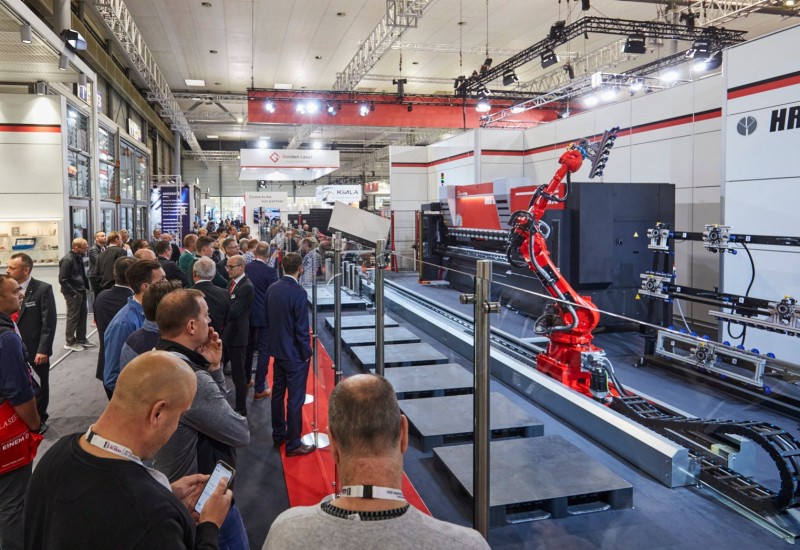
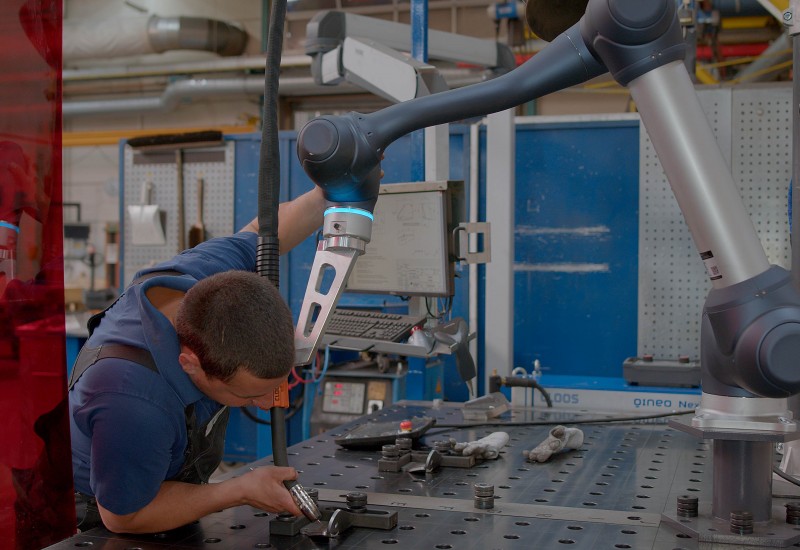
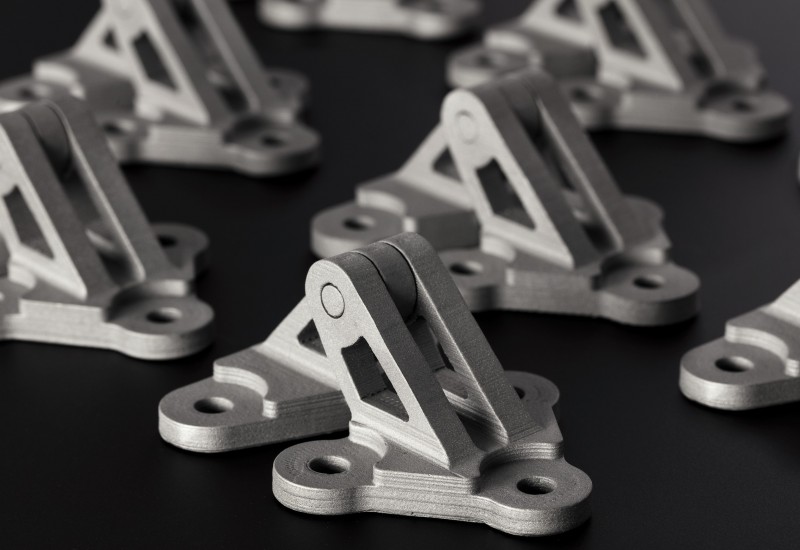

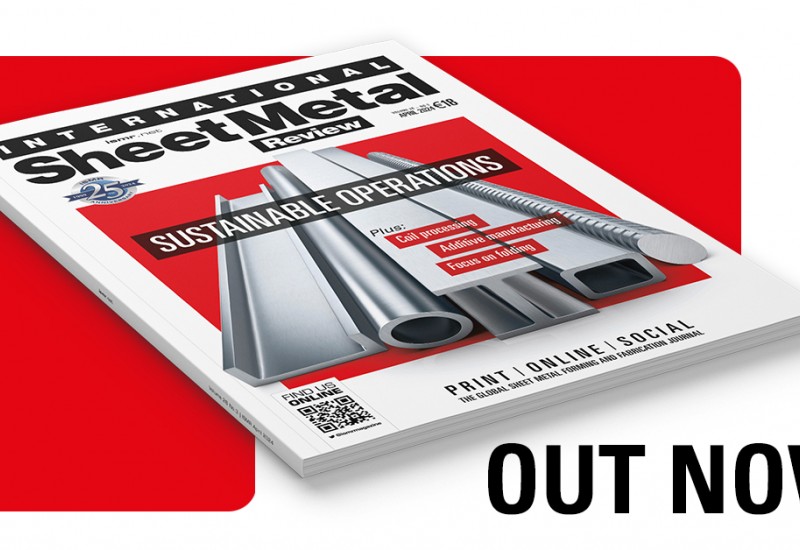
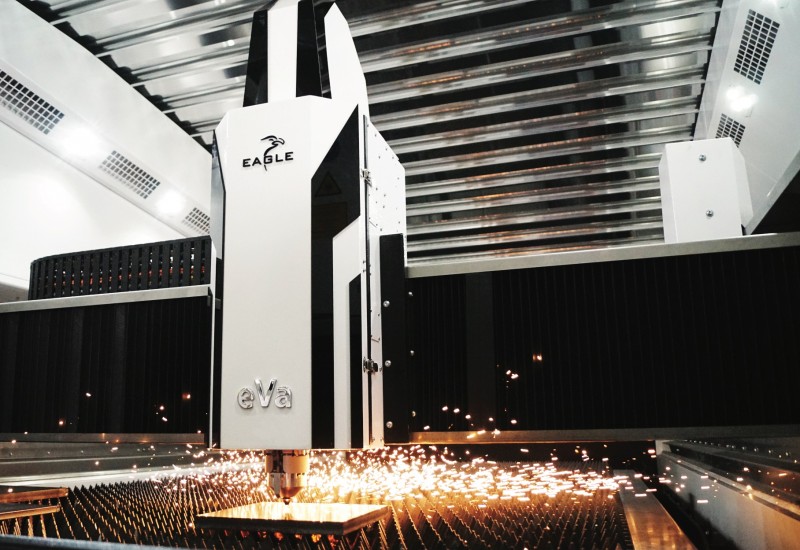





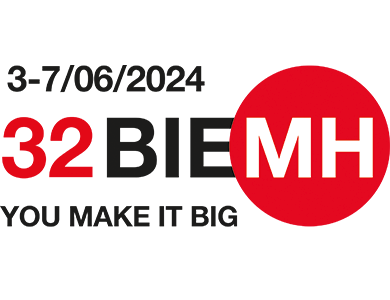


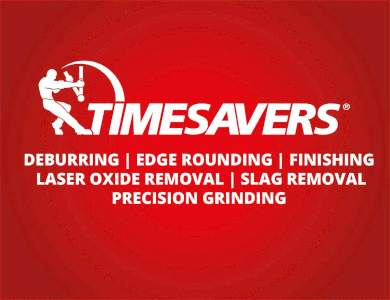






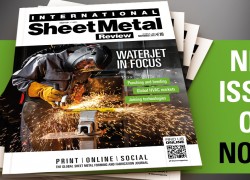
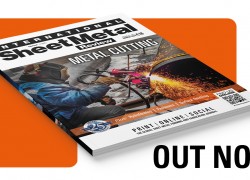

Recent comments